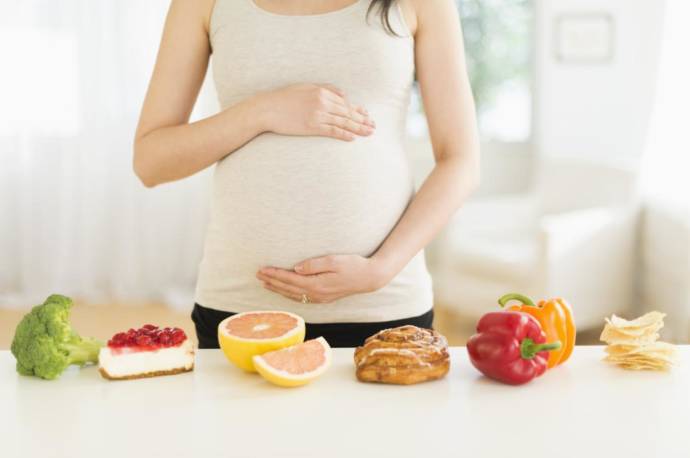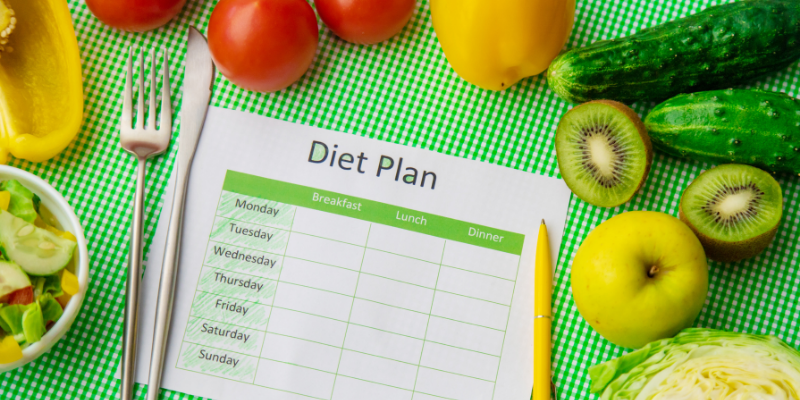Diet during pregnancy should be selected carefully because the food was eaten at that time are the main source of nourishment for the growing baby. Pregnant women need protein and calcium to build the baby’s tissues and bones.
Extra folic acid is also required to protect against birth defects, and more iron to help the red blood cells to carry oxygen to the baby in the womb.
Now that you’re expecting, you are trying to believe much more mindfully about what you’re feeding yourself because the foods you eat are the major source of nutrients for your growing baby.
Throughout pregnancy, for example, you’ll need protein and calcium for your baby’s tissues and skeletal parts. You’ll furthermore need extra folic acid to defend against neural tube birth defects, as well as more minerals to help red blood cells supplying oxygen to your baby.
Best food during pregnancy / diet for pregnant women
Beans

Add dark beans, white beans, pinto beans, lentils, black-eyed peas, and kidney, garbanzo, or soybeans in your diet.
Try them in chili and broths, salads, and pasta bowls. Besides providing protein and fiber, they are a good source of rich nutrients, such as minerals, folate, calcium, and zinc.
Fortified breakfast cereal
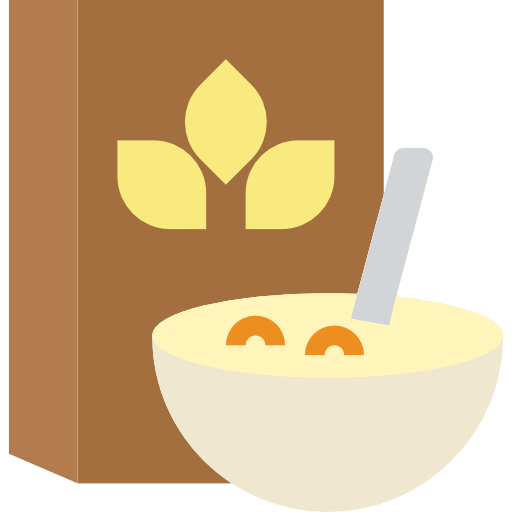
You can know the folate that it is important before conception and during the first few weeks of pregnancy. It needs for the Vitamin B that stays high with the whole nine months.
It is advised for getting 400 micrograms per day through vitamin supplements or fortified foods, and another 200 micrograms through foods that are naturally high in folate, such as asparagus and black eyed peas.
Whole grains
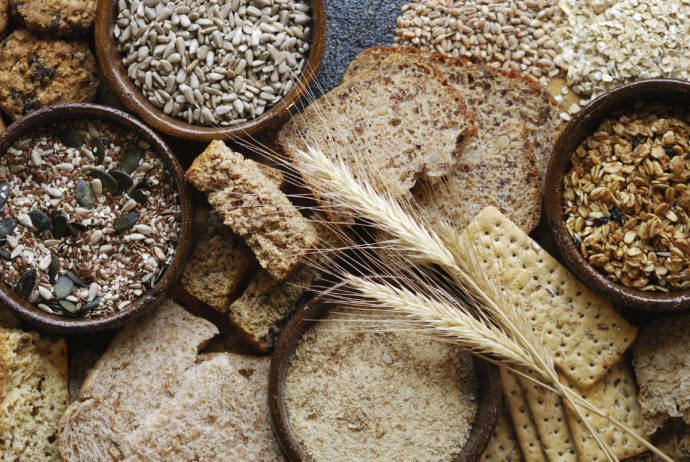
Enriched, whole-grain baked breads and cereals are a rich source of folic acid and minerals and have more fiber than white bread and rice.
Add whole kernels to your day: oatmeal for morning meal, a sandwich on whole-grain bread to the midday meal, and whole-wheat pasta or dark rice for dinner.
Eggs

Eggs are versatile and a good source of protein that presents amino acids you and your baby need.
They contain more than a dozen vitamins and minerals, encompassing choline, which is good for baby’s mind development. However, be certain not to consume undercooked or raw eggs.
Berries

Blueberries, raspberries, and blackberries are delicious snacks and flavor large in pancakes and on top of cereal. Edible seaweeds are crammed with vitamin C, potassium, folate, and fiber.
Bananas

Bananas are rich in potassium that offers quick energy that can fight off pregnancy fatigue. You can take a banana and slice them up into cereal or just whip one into a breakfast smoothie with yogurt, berries, ice, and a splash of orange juice.
Fish
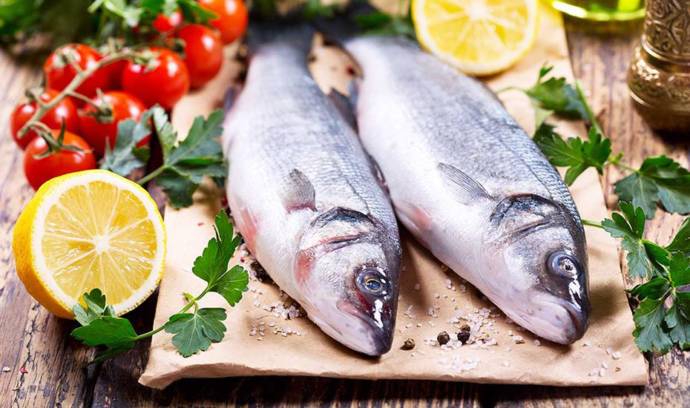
Omega-3 fatty acids are good for your baby’s brain and eyes, and fish is a great source as well. In addition to fatty acids it also provides protein and vitamin B.
Try having salmon, which is low in mercury, in grilled, broiled, or in salad form. You can securely eat up to 12 ounces of low-mercury fish, such as salmon, per week.
Low-fat curd
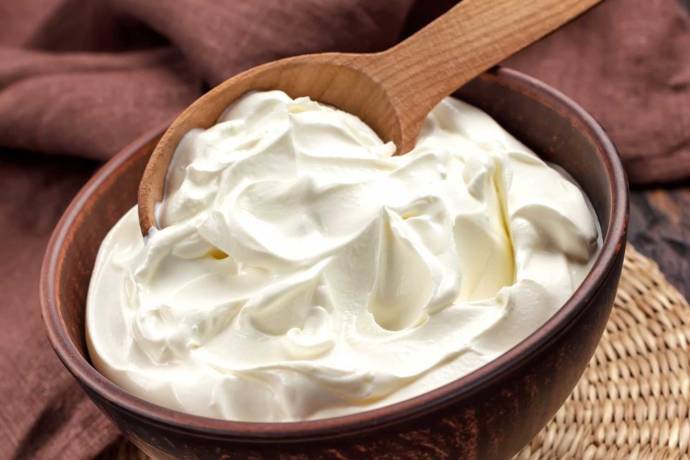
One cup of plain, low-fat yogurt has more calcium than milk, is high in protein, and doesn’t have the supplemented sugar like other flavored yogurts.
Dress it up with fruit or crunchy, whole-grain cereal. Yogurt is very good for your baby as it helps in growing bones. Because you need to keep yours strong and it helps in your muscles and nerves function.
A cup as it contains as much calcium as milk, as it is packed with protein and folate. The yogurt helps to prevent stomach upset as it has yeast infections.
Blend yogurt with fruit into smoothies layer with granola in a breakfast parfait, substitute for sour cream or mayo in sandwich fillings. It dips and salad dressings or else simply have it out of the carton.
Sweet potatoes

Carotenoids are the cause of orange color in sweet potatoes. This gives Vitamin A to our bodies. Sweet potatoes are also a great source of vitamin C, fiber and folate. Use this as a snack.
Avocados

Avocados are rich in potassium, Vitamin C and Vitamin B6 that helps for baby’s tissue and brain growth as it eases morning sickness. Avocados are delicious and are rich to get your vitamins.
Spread some ripe avocado on your whole grain roll as a healthy substitute for mayo. You just keep in mind that avocados are high in fat and have the calories that makes them filling and helps not to trouble gaining weight.
Green leafy vegetables
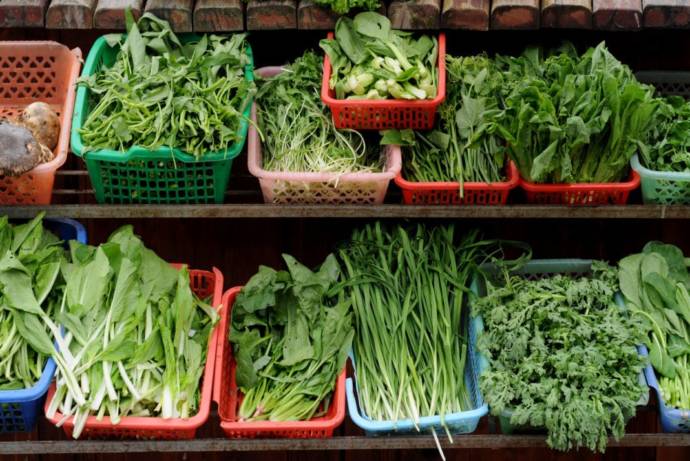
Swiss chard, spinach, kale and other green leafy vegetables consist of rich nutrients and vitamins like vitamin C, vitamin A and vitamin K are the important folate.
Nuts

Nuts consist of full minerals and vitamin E. Walnuts are also a good source of protein and fiber, which are beneficial to your baby and you.
Oats
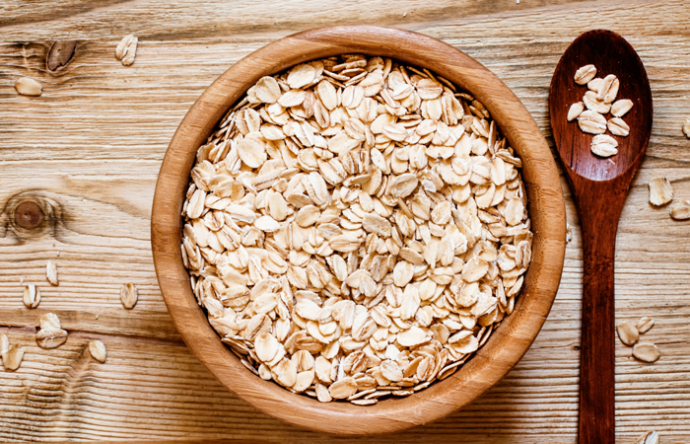
Oats are full of fiber, Vitamin B, iron, and some minerals that help to crab that are packed with fiber. You just have your breakfast with oats in a bowl. If you want, you can add oats, pancakes, muffins, cookies, cakes, and meatloaf.
It has plenty of variety of other whole grains to up your dose of a slew of baby that can build vitamins and minerals. There is another whole grain that can easily way to up your intake with air popped popcorn. It can starchiness that helps to quell nausea.
Carrots

Carrot ranks first in giving vitamin A that is most useful for development of the baby bones, eyes and teeth. Vitamin B6 and C are a good source of vitamins available in carrots.
Mangoes
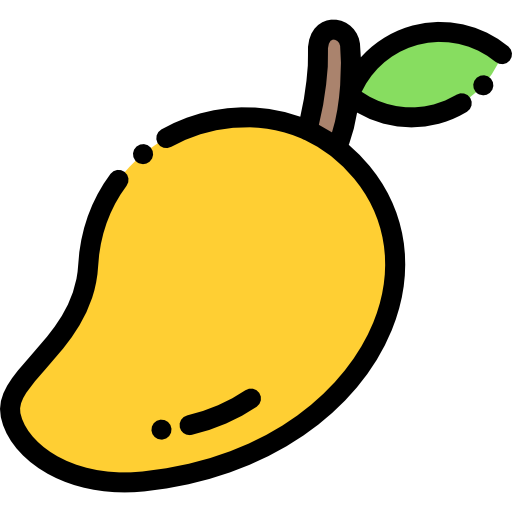
Mangoes contain huge amount of vitamin A and C. It is packed with potassium, versatile, that is perfect complement to savory and sweet dishes. Use mangoes in soups or smoothies and enjoy eating.
Broccoli

It is Americas favorite cruciferous vegetable which is rich in vitamin A and C. These help in building the baby bones as well as baby friendly folic acid. You can mix this with any recipe like to toss into pasta or casseroles and seafood or chicken.
Dairy in pregnancy
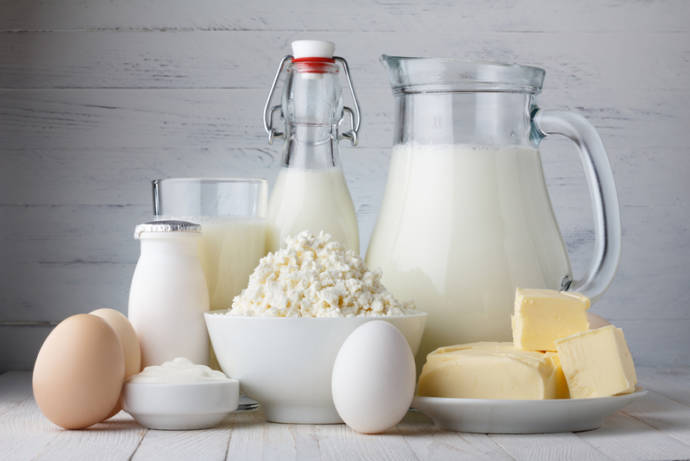
Foods such as cheese, milk, from age fries and yogurt are important in pregnancy. All the listed items consist of rich calcium and nutrients, which are essential to babies.
Prepare food safely
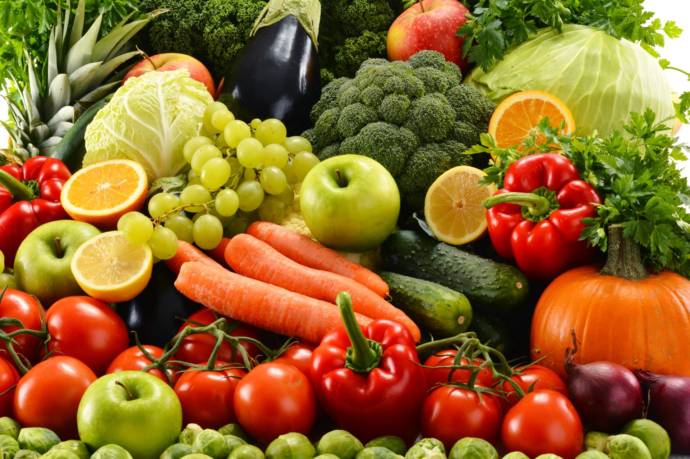
Staying in a good environment is very important for pregnant women. At the same time maintain cleanliness while eating food. Wash the fruits and vegetables before using them.
They may contain soil, which is having toxoplasma. It can cause harm to an unborn baby. If you are preparing raw meat, then wash your hands and utensils neatly. Keep separate the chopping board for raw meats.
Nutrients during pregnancy
- A proper diet during pregnancy must contain all the nutrients including proteins, fats, carbohydrates, fats, iron, folic acid, calcium vitamin C and fluids.
- Cereals, whole grains, dals, pulses and nuts are the primary sources of proteins if one does not eat meat.
- Vegetables and fruits provide vitamins, calcium, minerals and fibre.
- Meat, fish and poultry provide concentrated proteins.
- Water and fresh fruit juices provide the fluids required by the body of the pregnant women
- The best source of fat is vegetable oils as they contain less saturated fat.
- Foods during pregnancy
- Salmon is rich in high-quality protein and a good source of omega 3 fats, which help in the proper development of the baby.
- Beans of all types contain the most fibre and protein of all the vegetables. There are certain beans that are good sources of iron, folate, calcium, and zinc.
- Sweet potatoes are also a great source of vitamin C, folate, and fibre.
- Popcorn and other whole grains are high in fibre and nutrients, including vitamin E, selenium, and phytonutrients which are plant compounds that protect cells. Other whole grains from oatmeal to barley are also very high in nutrients especially proteins.
- Walnuts are one of the richest sources of plant-based omega-3s. They are also a good source of protein and fibre.
- Greek yogurt typically has twice the protein of regular yogurt, which makes a good source of calcium during pregnancy. Calcium will help keep the bones of the mother intact while making a healthy skeleton for the growing baby.
- Dark green, leafy vegetables like spinach are loaded with vitamins and nutrients, including iron, vitamins A, C and K.
- Meat is an excellent source of high-quality protein and lean meats are still better. Beef and pork stand out among meats because they contain choline along with protein. One must be careful in eating deli meats and hot dogs as there is a risk of passing bacteria and parasites, like listeria or toxoplasma from the meat to the baby.
- Colorful fruits and veggies ensure that the baby gets a variety of nutrients. Each color group of green, red, orange, yellow, purple, and white fruits and vegetables provide different minerals and vitamins.
- Bananas are rich in potassium and provide quick energy to get over the pregnancy fatigue. It is helpful in easing nausea. It can be taken in the form of smoothie with yogurt, berries, ice, and an orange juice.
- Whole-Grain Bread supplies more fibre iron and zinc than the traditional white bread.
- Oranges are packed with vitamin C, folate, and fibre. Since they contain 90% water they help to meet the daily needs of fluid.
- Soy Foods include tofu, which is packed with proteins.
- Dried Fruits are a portable, tasty snack, giving energy whenever there is a craving for sweets. Dried fruits like apricots, cherries, and cranberries help to prevent urinary tract infections
- Oatmeal is complex carbohydrates, which keep the body satisfied for long hours. The oat bran also helps to lower the cholesterol level.
- Avocados are loaded with folic acid, potassium, vitamin C, and vitamin B6 which help in the development of the baby’s brain and nervous system. It helps to relieve the problems of morning sickness in women during the first semester.
- Mangoes are a tropical fruit packed with potassium and also contains Vitamins A and C. It can be consumed as it is or blended into smoothies and cold drinks or taken as desserts after meals.
- Red pepper is a super-source of vitamins A and C, with plenty of B6. Red peppers can be added to salsa, stir fries and pasta dishes. They can be grilled, roasted and served with sandwiches, and salads.
Conclusion
All the power pack foods given above contain an amazing amount of nutrients. They are effective during pregnancy when efficiency is the priority because one is too sick to eat much, when one is gaining weight very fast.

